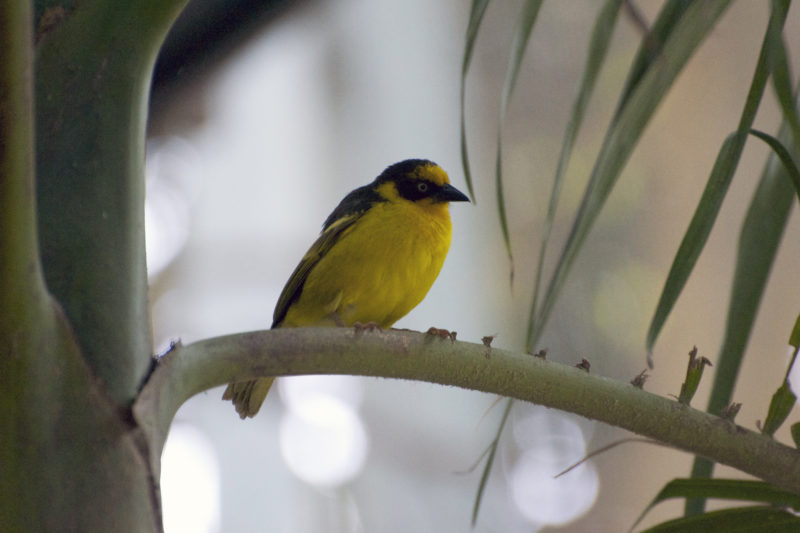
Creation, a 2009 movie about Charles Darwin, failed miserably at the box office. American distributors then and now refused to pick it up given their worries about their audiences – after all, according to a 2015 major survey of the Pew Research Center, roughly a third (!) of US Citizens reject the theory of evolution. Disney Studios has recently announced their plans to make a major movie around the voyage of the HMS Beagle and Glenn Beck already announced a boycott of the yet unmade film. Darwin, today, is turning in his grave: the BREXIT happened…..

Darwin, in addition to everything else he accomplished, was a relentless correspondent, writing several letter almost every day of his adult life, spending more on postage and paper annually than on some of his servants. His pen pals included many famous scientists and thinkers, philosophers, clergymen and family friends, spread across the globe. Janet Browne, in her second volume of a brilliant biography of Darwin (Charles Darwin:The Power of Place), argues that the act of writing helped clarify ideas through verbalization, and that the wide web of people receiving his letters provided a network that spread the acceptance of the revolutionary scientific contexts. Here is a great review of the biography. https://www.theguardian.com/books/2003/jan/04/scienceandnature.biography
Psychology research, by the way, partly confirms the claim that writing helps clarify thought. It does so when you are not aware about gaps in your argument. However, writing thoughts down hurts when it comes to problem solving – anchoring yourself in writing prevents new insights. End of lecture.
 I got interested in the people who Darwin selected as correspondents after reading Roger McDonald’s Mr. Darwin’s Shooter, a book that tells the story from the perspective of Sym Covington, fiddle boy on the HMS Beagle and later man servant to Darwin. He ends up in Australia, still corresponding with Darwin and sending specimens collected there, increasingly deaf from his days of shooting rifles at Darwin’s behest. How would it have felt to have been so instrumental in collecting data (if only in the form of shot specimen) and yet to receive little recognition? Foreshadowing of the fate of graduate students, last on the authoring list? How did he reconcile his fervent religious beliefs with his support for someone seen to pull the rug up from under them? (Which, by the way, goes for Darwin’s wife as well.) (Review of the book: https://www.nytimes.com/books/99/01/24/reviews/990124.24bartont.html)
I got interested in the people who Darwin selected as correspondents after reading Roger McDonald’s Mr. Darwin’s Shooter, a book that tells the story from the perspective of Sym Covington, fiddle boy on the HMS Beagle and later man servant to Darwin. He ends up in Australia, still corresponding with Darwin and sending specimens collected there, increasingly deaf from his days of shooting rifles at Darwin’s behest. How would it have felt to have been so instrumental in collecting data (if only in the form of shot specimen) and yet to receive little recognition? Foreshadowing of the fate of graduate students, last on the authoring list? How did he reconcile his fervent religious beliefs with his support for someone seen to pull the rug up from under them? (Which, by the way, goes for Darwin’s wife as well.) (Review of the book: https://www.nytimes.com/books/99/01/24/reviews/990124.24bartont.html)

And just last month I came across a truly witty essay about another one of Darwin’s correspondents, Francis Buckland, an English eccentric if there ever was one. http://www.theparisreview.org/blog/2016/05/19/me-and-my-monkey/
The piece deserves to be read in full (warning: it’s long) – but here is something to whet your appetite. “In the Buckland household, oddness was next to godliness. Drawing room tables were decorated with lizard feces and clumps of lava from Mount Etna; instead of hobbyhorses, the children had the corpses of dead crocodiles to ride around on; they learned to distinguish between types of animal urine by taste alone. Francis took his father’s gleeful, childlike curiosity about the wondrous variety of life on earth and magnified it into a philosophy for living, and the core of a defiantly strange personality.” A family I’d truly liked to have met.
And here is the Goldfinch by Carel Fabricius 1654: 
I photographed the birds in the San Diego zoo…..
PS: Netflix has an Argentinian Eco-thriller on streaming right now, Cromo; the plot moves like molasses, the cell phone signals seem to reach into the last nook and crannies of the National Parks, including Antarctica, but OH, the panoramic landscape shots are breathtaking.





